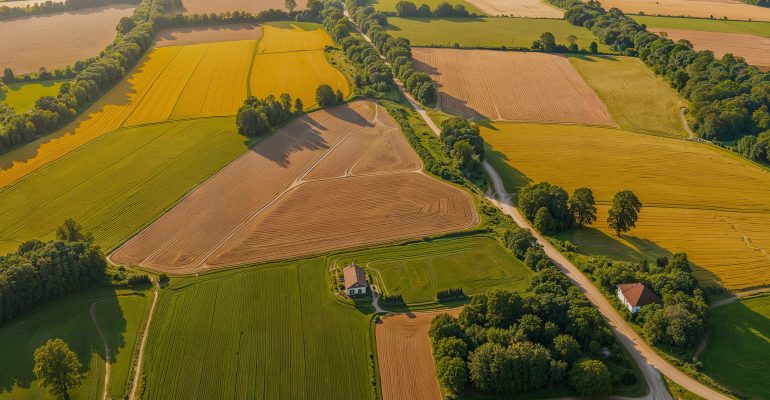
Around 48 million Europeans are still unable to keep their homes adequately heated. In rural areas, households spend an average of 7% of their budget on energy, a clear sign of the growing burden of energy poverty.
Rural dwellings tend to be older, larger and less energy efficient, but they also offer high potential for improvement and for the installation of renewable energy systems.
Being energy poor means not having sufficient access to the energy needed for essential services such as heating and cooling. This limitation has direct effects on the health and well-being of populations, especially during increasingly hot summers and harsh winters.
According to a new report by the European Commission’s Joint Research Centre (JRC) — Exploring rural energy poverty and needs — rural areas are particularly exposed to energy poverty due to lower incomes and larger, less insulated dwellings than in urban centres. Nevertheless, these areas are making faster progress in energy efficiency works, taking advantage of the fact that most houses are owned by the residents themselves and have more space to install solar panels.
Portugal among the most affected countries
The study’s findings show that energy poverty levels are highest in countries such as Bulgaria, Romania and Greece. Portugal, Croatia, Cyprus and Lithuania also face similar challenges, albeit to a lesser extent.
The index created by the researchers assesses four main factors: the inability to keep the home warm, late payment of bills, the physical deterioration of housing and the risk of poverty. In almost all countries, rural areas are the most affected, while cities have lower indices.
Renovation and solar energy: an opportunity
Between 2018 and 2023, 29% of households living in rural areas in Europe carried out work to improve the energy efficiency of their homes, more than the 25% in suburban areas and 23% in urban areas. The most common interventions include improving thermal insulation, replacing single-glazed windows with double or triple glazing, and installing more efficient heating systems.
Solar energy appears to be the most promising option. With 78% of rural homes owned outright, compared to 55% in cities, and with greater availability of rooftops, it is estimated that photovoltaic solar panels in these areas could generate around 2,200 kWh per inhabitant per year, equivalent to more than a third of average household consumption.
Combating energy poverty for a just transition
According to Eurostat data, in 2023 around 10.6% of the European Union’s population, 48 million people, were unable to keep their homes adequately heated. With average temperatures rising, energy poverty in summer is also becoming a growing concern.
Combating this phenomenon is at the heart of the European Union’s just energy transition. Improving the efficiency of buildings and increasing local renewable energy production are decisive steps that can simultaneously reduce greenhouse gas emissions and household energy costs.
